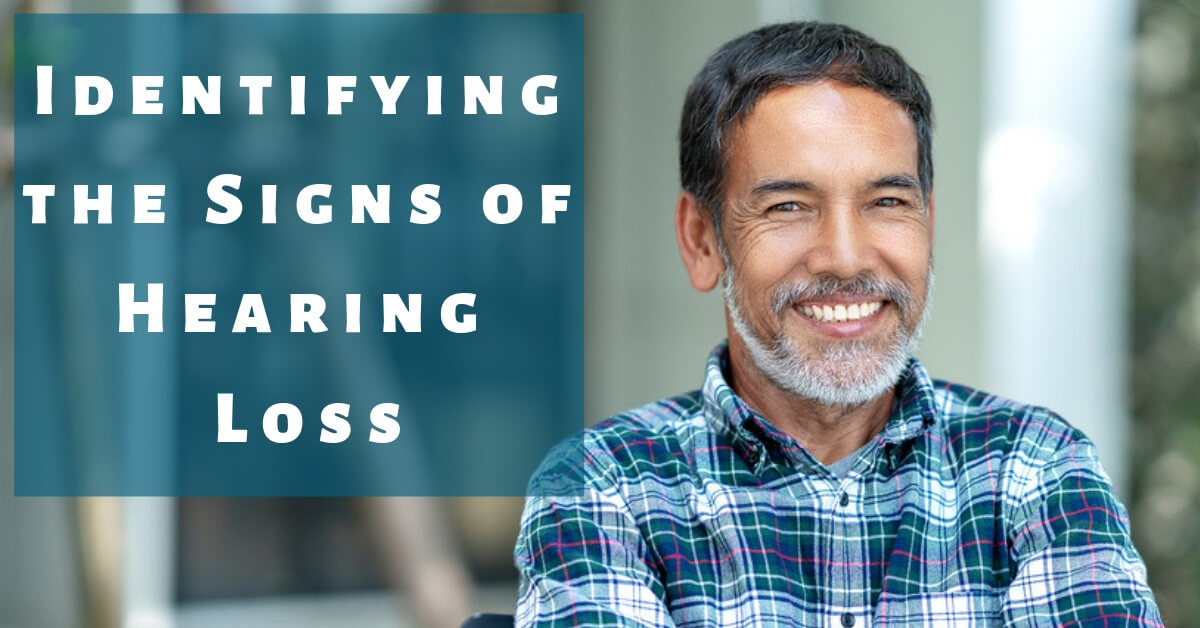IPeople often make excuses when they fail to hear something. The music was too loud, or the other person didn’t talk loudly enough. But could the real reason be hearing loss?
Hearing loss is the third most common medical condition in the US. The two most common forms of hearing loss are presbycusis (age-related hearing loss) and noise-induced hearing loss. About 25 percent of people in the US, between the ages of 55 and 64, have a form of hearing loss. If you are older than 75, this number is almost 1 in 2.
Over the years, there has been a lot of research on the causes of hearing loss. The most common are the natural process of aging, chronic exposure to noise, certain medications, and even high blood pressure. Hearing loss may occur suddenly, but more often than not, it is a slow and insidious process. It can be so gradual that a person might not realize that they are losing their hearing until irreversible damage has been done. It is usually the case that friends and family notice the hearing loss before the individual does.
Although there is no cure for hearing loss, there are ways to treat it. Many people with hearing loss lead happy and fulfilling lives. In order to do so, it is important to acknowledge and act before it’s too late. Let’s take a look at some of the frequent early signs of hearing loss. If some of these signs resonate with you, it might be a good idea to book a test with a hearing professional.
You watch TV or listen to music at a loud volume
For people with hearing loss, the most difficult sounds to make out are speech. If you have experienced difficulty following TV or movie plots, it is worth taking a look at volume settings. Are you setting your volumes too high? Most experts recommend listening to media devices at a volume of 60 percent for no more than an hour. If you are watching TV with friends or family, check to see whether they make comments on how loud the volume is. If people are commenting, then you might be inadvertently compensating for your hearing loss.
You have difficulty understanding phone conversations
The first experiences of hearing loss are often noticed with phone conversations, as we don’t have the same visual cues that we are used to when talking face-to-face. We come to rely on these facial expressions and gestures to follow conversations as much as the words themselves. You might turn up the volume on your phone, but the sound might still appear muffled and this makes it tough to continue a conversation.
You often ask others to repeat themselves or to speak more slowly, clearly and loudly
At first, you might think everyone else is prone to mumbling, but then you find yourself saying ‘What?’ to a lot of people and in a lot of different environments, whether it be at a loud concert, a busy café, or even a small gathering of friends in a quiet room. As long as they are not facing you, it remains tricky to hear what they have to say. Most of our words make use of consonants, and these are higher pitched than vowels. As our perception of higher frequencies is the first thing to go when we experience hearing loss, specific consonants become hard to distinguish, and understanding of speech fails.
Background noise is a particular challenge
Have you started dreading invites to dinner at restaurants or after work drinks? Those with hearing loss have the most difficulty when surrounded by people in a noisy place. This is because hearing loss leads to gaps in sentences spoken by others, which means your brain works overtime to fill in those gaps with context and any other clues lying around (such as body language). Cognitive overload then kicks in and this leads to mental exhaustion, which is made worse by background noise. This leads us to the next sign of hearing loss.
Avoidance of some social situations
It’s no surprise that people with untreated hearing loss might want to avoid social situations altogether, whether it be birthday parties, company socials or even a quick coffee. Over time, this social withdrawal could lead to social isolation and even depression.
For a complete hearing evaluation, contact Absolute Audio today
By recognizing they have a hearing loss and seeking treatment, many people notice improvements in their relationships with their loved ones, improved workplace satisfaction and better mental and physical health.
Fortunately, hearing aids can provide significant relief from the negative effects of hearing loss. For a comprehensive evaluation and expert advice on the best course of treatment, get in touch with Absolute Audio!

